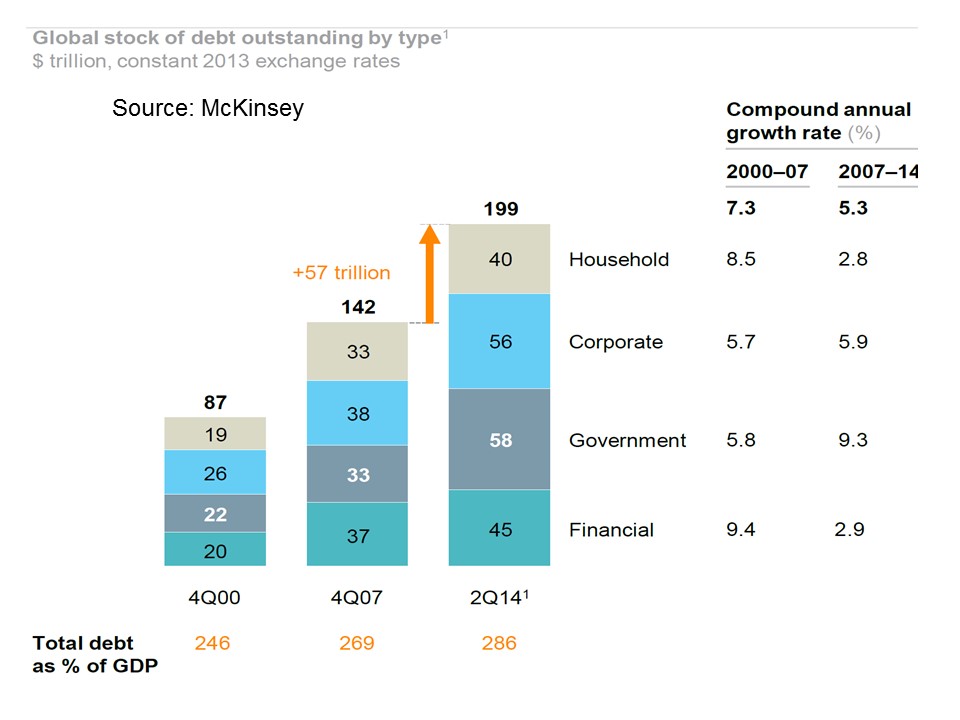The curious AEP pens another one of his strange articles which veer wildly between Austrianism and Monetarism. Despite possessing a fine mind and analysing the situation wonderfully well, AEP seems to operate on an eclectic mosaic basis, where nothing he relates through time is related to anything else. Take this schizophrenic quote from the article:
There is a clear temptation for the West to extricate itself from the errors of the Greenspan asset bubble, the Brown credit bubble, and the EMU sovereign bubble by stealth default through inflation. But that is a danger for later years. First we have the deflation shock of lives. Then — and only then — will central banks go to far and risk losing control over their printing experiment as velocity takes off. One problem at a time please.
This is the argument of the heroin addict. Let me rephrase the quote in those terms:
There is a clear temptation for me to extricate myself from the errors of becoming addicted and enjoying the pleasures of the opium poppy, by switching to methadone and other opiate substitutes. But that is a danger for tomorrow, because first I have the cold turkey shock of my life to live through. So I will continue taking the heroin to avoid that horror. One problem at a time, please.
To get off heroin you have to get off heroin and all other opiate substitutes. To get off the problems caused by too much debt and inflation, you have to stop borrowing and inflating. Yes, it will cause immediate pain. But in doing so you will prevent much more future pain and eventual economic death, through a hyperinflative depression, if you keep this habit going.
In the meantime, while AEP is busily squaring his circle and doing six other impossible things before breakfast, I thought he might want to watch this exchange between Ron Paul and the monetarist Dr Allan Meltzer, who is famous for the following phrase:
Capitalism without failure is like religion without sin. It doesn’t work.
Incidentally, in his article, AEP discusses a book on the Weimar inflation costing $699 Dollars. Fortunately, we at the Cobden Centre can recommend much better alternatives, for free:
- Omnipotent Government: Weimar and its Collapse [Part I, Ludwig von Mises]
- Omnipotent Government: Weimar and its Collapse [Part II, Ludwig von Mises]
- Exchange, Prices and Production in Hyper-Inflation: Germany, 1920 – 1923 [Frank D. Graham, Princeton University Press, 1930]




Ambrose Evans-Pritchard was right to say that Adam Fergusson’s When Money Dies throws little light on events today. Comparisons between the present era and the Weimar Republic in the early 1920s are inappropriate. There is plenty of evidence that Germany’s Great Inflation in the early 1920s was an internal initiative to eliminate Germany’s huge internal debts from the war, after which she adopted a new debt free currency.
Today, in contrast, Germany is adopting a deflationary economic policy. It affects all the countries within her orbit including the UK.
Had Gordon Brown taken note when Germany first raised VAT in January 2007 and gave the benefits to industry, our national finances would be in better shape.
Sara Moore
How Hitler came to Power (2006)